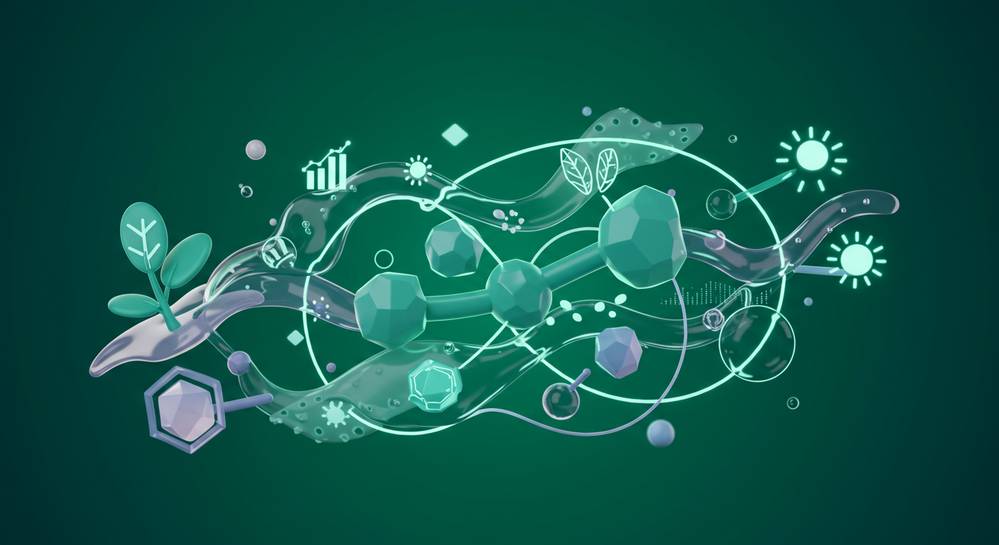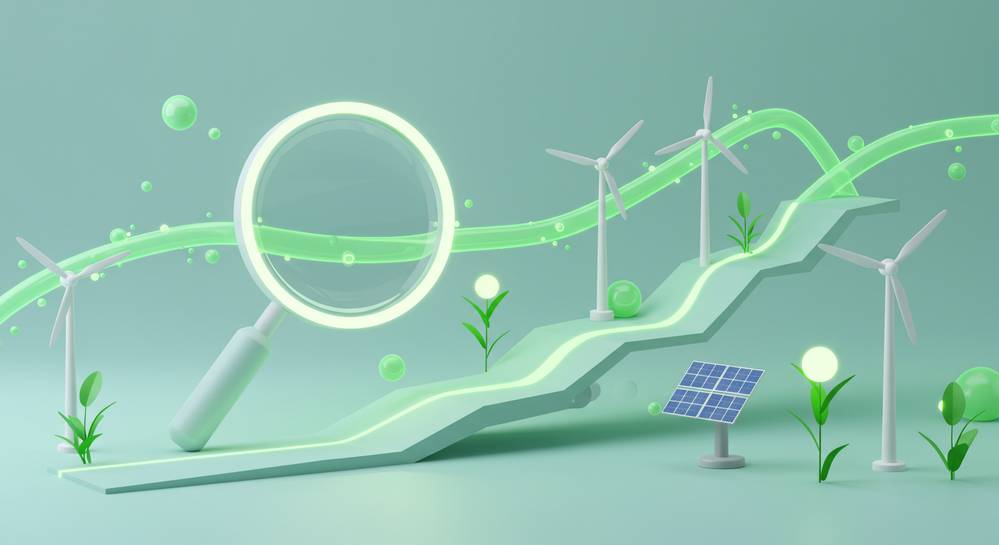The landscape of technology is undergoing a transformative shift, driven by increasing consumer awareness and environmental concerns. Businesses worldwide are recognizing the profound implications of this change, leading to a surge in the market demand for sustainable tech products. This article delves into the core factors fueling this movement, from evolving consumer preferences to regulatory pressures, and examines how companies are adapting to meet this crucial and rapidly expanding need.
Understanding the Core Drivers of Sustainable Tech Demand

The market demand for sustainable tech products is rapidly expanding, driven by a global push towards environmental responsibility and economic efficiency. Consumers and businesses alike are actively seeking solutions that mitigate climate change and resource depletion. This trend reflects a fundamental change in purchasing priorities, moving beyond mere functionality to embrace ecological integrity.
Core Drivers Fueling Sustainable Tech Adoption
- Environmental Imperative: Urgent concerns over climate change and dwindling resources compel individuals and organizations to adopt green technology. This includes solutions for renewable energy and waste reduction.
- Regulatory Landscape: Governments worldwide are enacting stricter environmental policies and offering incentives for eco-friendly tech adoption. This creates a favorable environment for sustainable innovation.
- Economic Advantages: Sustainable tech often delivers long-term cost savings. Reduced energy consumption and enhanced product longevity appeal to budget-conscious consumers and businesses seeking operational efficiency. Businesses should consider blockchain for improved operations, which can also support sustainability through transparency.
- Brand Value and Ethics: Companies embracing sustainability boost their brand reputation and attract a loyal customer base. Ethical consumption demands transparency in supply chains and fair labor practices, often enhanced by technologies like blockchain in Web3.
Industry reports, as of 2025, project significant growth in the green technology market. This surge underscores the critical role of sustainable innovation in shaping our future economy and protecting the planet. Businesses failing to adapt risk losing market share to more forward-thinking competitors.
Key Characteristics of Sustainable Tech Products
Sustainable tech products are defined by their holistic environmental and social responsibility. This directly responds to the growing market demand for sustainable tech products. Their design prioritizes minimizing environmental harm and maximizing user value, embodying eco-friendly innovation.
Essential Sustainable Tech Characteristics
- Energy Efficiency: Products use less power, reducing carbon emissions and energy costs. Advanced chip designs are crucial.
- Responsible Material Sourcing: Focus on recycled, recyclable, renewable materials. This reduces waste and virgin resource dependence, aided by transparent undefined.
- Durability and Repairability: Tech built for longevity. Modular designs allow easy repairs and upgrades, extending product lifespan.
- Reduced Toxic Components: Hazardous substances like lead and mercury are eliminated. This protects users and the environment.
- Circular Economy Principles: Products designed for end-of-life. This enables recycling, reuse, or safe decomposition, driving undefined.
These characteristics are now market expectations. Strong market demand for sustainable tech products drives innovation, merging tech progress with ecological health.
Economic and Regulatory Influences on the Market

Beyond consumer sentiment, the market demand for sustainable tech products is significantly shaped by economic incentives and regulatory frameworks. Governments worldwide are increasingly implementing policies designed to accelerate the transition to a greener economy. Businesses are finding strategic advantages in adopting sustainable practices.
Economic and Regulatory Drivers for Sustainable Tech
- Government Policies and Incentives: Nations introduce stricter environmental regulations, including carbon emission limits and energy efficiency standards. These policies directly stimulate the development and adoption of green technologies, often through tax breaks and grants.
- Corporate Social Responsibility (CSR): Businesses integrate environmental and social goals into their core strategies. This proactive approach, often part of broader undefined, builds brand loyalty and attracts ethical consumers.
- Investor Pressure: Environmental, Social, and Governance (ESG) factors are paramount for investors. Funds increasingly favor companies with strong sustainability credentials, influencing corporate decisions towards eco-friendly product development.
- Competitive Advantage: Leading in sustainable innovation provides a significant competitive edge. Companies differentiate themselves, attracting a growing segment of environmentally conscious customers and fostering undefined in green solutions.
The evolving regulatory landscape and clear economic benefits underscore a robust future for the market demand for sustainable tech products. Businesses must adapt to these shifts or risk falling behind.
The Future Landscape and Opportunities in Sustainable Tech

The trajectory for sustainable tech products points towards exponential growth and continuous innovation. As global environmental challenges intensify and consumer demands evolve, the industry is poised for transformative advancements. This future landscape presents both formidable challenges and unparalleled opportunities for forward-thinking organizations, further solidifying the market demand for sustainable tech products.
Future Opportunities in Sustainable Tech
- Advanced Materials Science: Ongoing research into biodegradable plastics, self-healing materials, and novel composites will revolutionize product design. This reduces reliance on finite resources, making products inherently greener.
- AI and IoT for Optimization: Artificial Intelligence and the Internet of Things will play a crucial role in optimizing energy consumption, waste management, and supply chain efficiency. This makes existing tech smarter and significantly more eco-friendly.
- Circular Economy Integration: More companies will adopt comprehensive circular economy models. Products will be designed for disassembly, reuse, and recycling, minimizing waste and maximizing resource utility.
- Policy Evolution: Governments are expected to introduce even more stringent environmental regulations. They will also offer greater incentives, further accelerating the adoption and development of sustainable technologies globally.
The drive for sustainability is not merely an ethical imperative but a powerful economic engine. It fosters innovation and reshapes markets worldwide, ensuring the market demand for sustainable tech products remains robust.
The rising tide of demand for sustainable technology is more than a trend; it is a fundamental reorientation of the tech industry. As consumers, businesses, and governments increasingly prioritize environmental stewardship, the impetus for innovation in eco-friendly products will only intensify. Companies that proactively integrate sustainability into their core strategies will not only meet evolving market expectations but also unlock significant opportunities for growth and positive impact. Stay informed on these crucial developments with Modern Techera.



